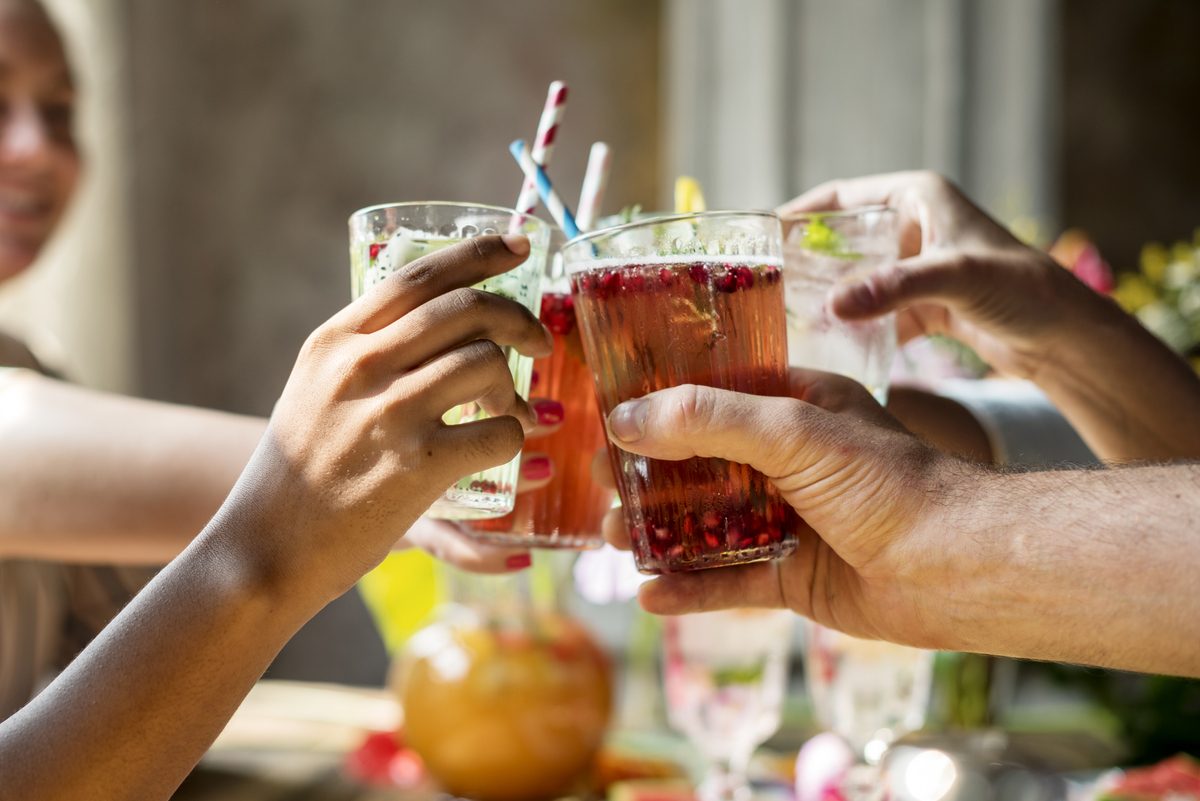Analysis from the IWSR found that Germany dominates non-alcoholic volumes, but that innovation is being driven in smaller markets, including Australia.
An IWSR report highlighted that innovative trends such as ‘cross-category brand mobility, “better for you” products and specialist retail channels’ are being developed in a few key nations.
The US, the UK, France and Australia have all seen double-digit volume growth in for non-alcoholic beverages in 2020 and 2021. Although Germany remains the largest market by volume, with more than three times the volume of the nest no-and-low-alcohol market (Spain), it has recorded flat growth in the same period.
Regarding Australia, Sarah Campbell, Research Director at IWSR, suggests that a trend that begin with Claytons (a non-alcoholic imitation ‘whisky’) in the 1980s is now strongly re-emerging.
“Demand for non-alcoholic spirits is strong with consumers who want to be part of the social drinking ritual without the alcoholic element,” Campbell says.
IWSR also highlighted the example of Lyre’s, a non-alcoholic beverage company founded by two Australians, as an illustration of how brands are moving between categories to find success.
“Successful no-alcohol brands are moving between no-alcohol categories in a way that is not always possible for regular alcohol,” comments Susie Goldspink, Head of No- and Low-Alcohol at IWSR.
Lyre’s has expanded its range to include RTDs, sparkling wine and non-alcoholic spirits.
Aperitivo opportunity
Recently, Lyre’s won ‘Best New Spirit or Cocktail Ingredient’ at the Tales of the Cocktail for its Italian Orange, a non-alcoholic take on a classic Italian aperitivo, and IWSR has pointed to the growth of ‘Aperitivo Hour’ as a win for non-alc brands, as Goldspink explains.
“The rising importance of the aperitivo occasion is driving demand for non-alcoholic substitutes,” she says.
“Taking advantage of the success of the Aperol Spritz, multiple brands have launched no-alcohol versions across both the core spirit and RTD variants.”
Lyre’s also released an Amalfi Spritz RTD in later 2020 / early 2021.
Non-alc drinks tap into hemp trend
The IWSR’s research also suggests that traditional alcohol brands can expect challenges from ‘functional’ beverage operating in the non-alc space.
The analysts point to the example of Recess, an American hemp and ‘adaptogen-infused’ beverage brand which has launched a Zero Proof ‘Margarita’, the first time the company has created a product that is marketed as a direct alternative to alcohol.
Meanwhile, Beyond Hemp, a hemp-infused sparkling water brand, is operating in Australia, and claims that its products will ‘restore, balance [and] hydrate.’
Australian alcohol producers are also beginning to use hemp in their beverages, creating an interesting new segment in the market.
Changes at major retailers
Finally, another area of innovation highlighted by the IWSR is the expansion of dedicated non-alc sections amongst major alcohol retailers.
The market research organisation pointed to Australian retailers Woolworths, which greatly expanded its non-alc range in July 2021, and Dan Murphy’s, which opened a zero-alcohol bar in March of this year.
“The no-alcohol market is still very much in its early growth stage in many categories and geographies, as the sector continues to define itself,” Goldspink suggests.
“However, consumer interest and demand for no-alcohol offerings continue to grow, propelling brands to continue investing and innovating in the sector,” she concludes.
Read the full report here.

